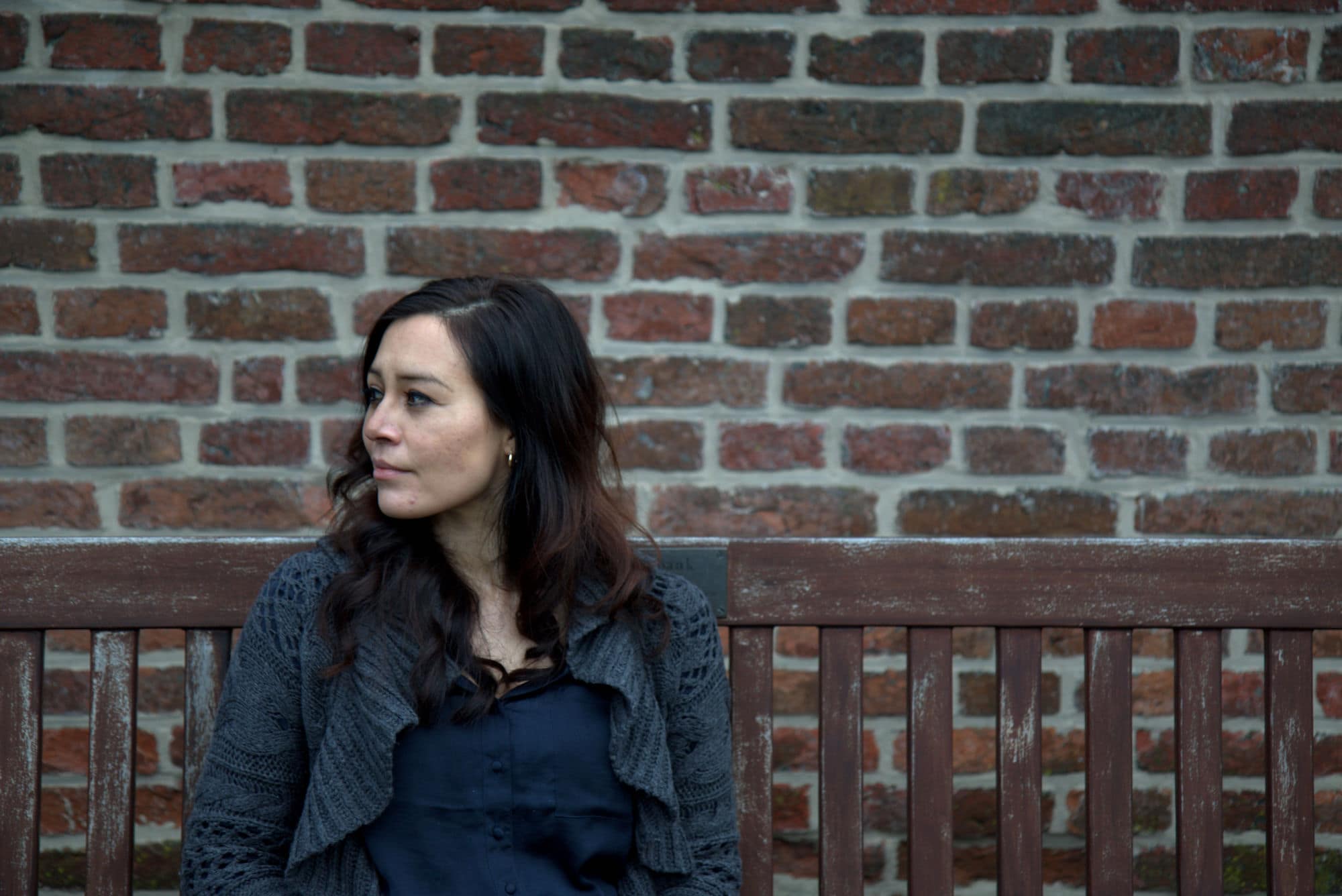If you live long enough, you are bound to experience the death of a loved one. For many, this is the most stressful life-event ever encountered. While most people gradually adjust to their loss, a minority develop severe, enduring, and disabling grief symptoms. How should such ‘complicated grief’ be treated?
While some patients with dementia can still drive safely, others cannot. How can we investigate whether my grandfather is still driving safely?
Marcus Munafò is Professor of Biological Psychology at the University of Bristol. His main research is on the neurobiological and genetic basis for tobacco and alcohol use, but he has also had a long-standing interest in the role of incentive structures in science, and their impact on research reproducibility. His scientific work on science (metascience) […]
Every quarter, we share articles published in the BCN Newsletter and we are happy today to share an interview with Dr. Stéfanie Enriquez-Geppert, who recently started working at the Psychology Department as Assistant Professor in Neuropsychology. The interview was conducted and written by Anna Leonte, a BCN MSc student.
How does an ordinary citizen become an activist? What is it that powers their transformation from a passive citizen into an active one? These questions sat at the heart of my PhD research, which explored the changes in identity that people go through as they become activists. Findings indicated that activism may change individuals in a fundamental way, similarly as religion.
As cyclists are an important part of the world of self-driving vehicles, we have to learn how to assess their intentions. In an online-survey participants predicted the direction of a lead cyclist based on a video sequence. The results indicate that whether a cyclist will take a turn is difficult to predict.
I am an international PhD student from Indonesia. It is always been my dream to study an advanced clinical treatment in my home country, which is exactly what I am doing right now. However, the struggle to stand on two different continents to make my research happen… is real.
Scientific understanding is considered increasingly important for both science performance itself and for future adults to be able to fully participate in society. An important question is how to put scientific understanding of students in the picture in such a way that students may eventually flourish in these fields.
Internationalization is hot, and our university is working hard to set up collaborations with universities in other countries, of which India is seemingly going to be one of them. A brief report to get a flavour of my first experience at Thapar University in Patiala, India.
Dr Derksen engages with Roy Baumeister’s dismissal of failed replications as resulting from a lack of “flair.” The problem, he says, is not that Baumeister takes this seriously. Rather, it’s that he doesn’t take it seriously enough.










